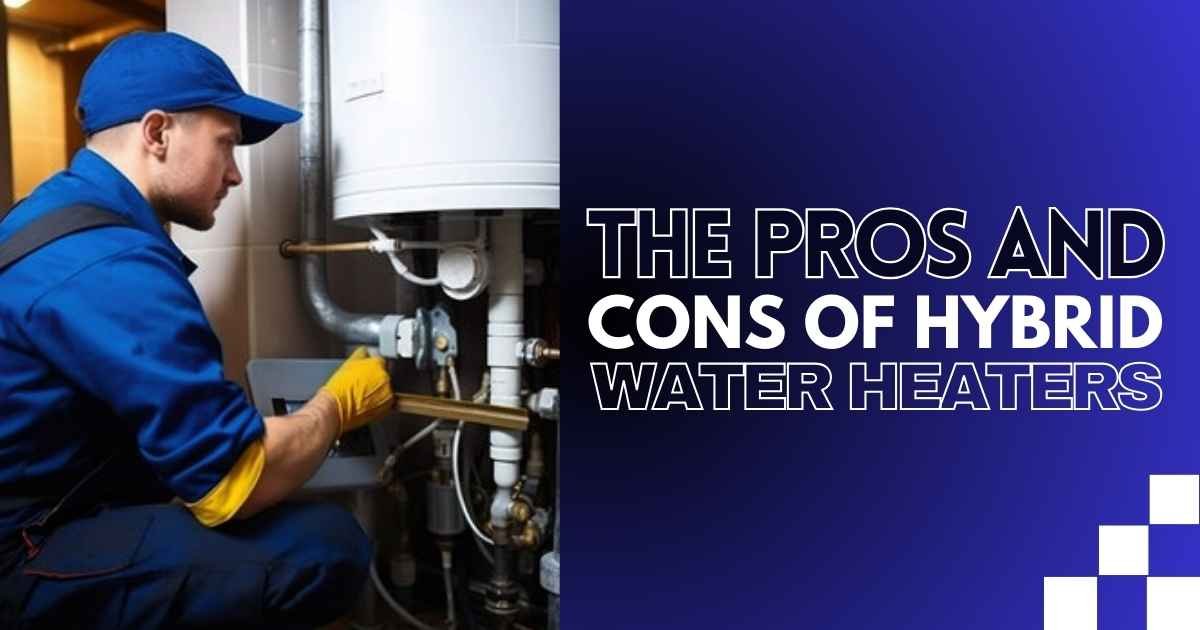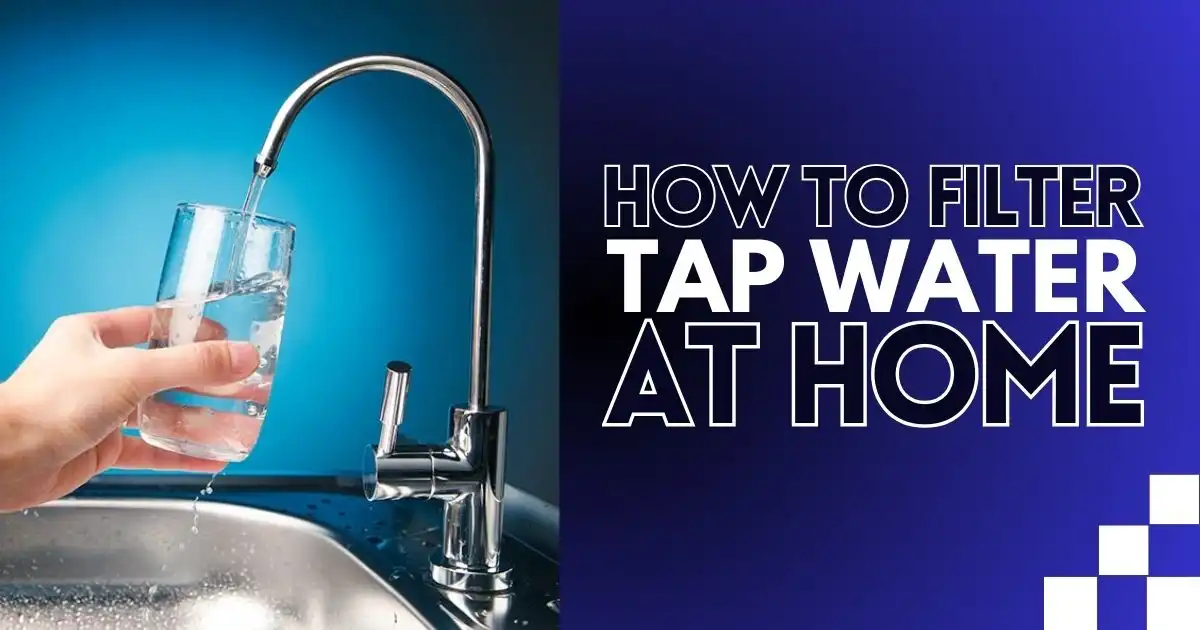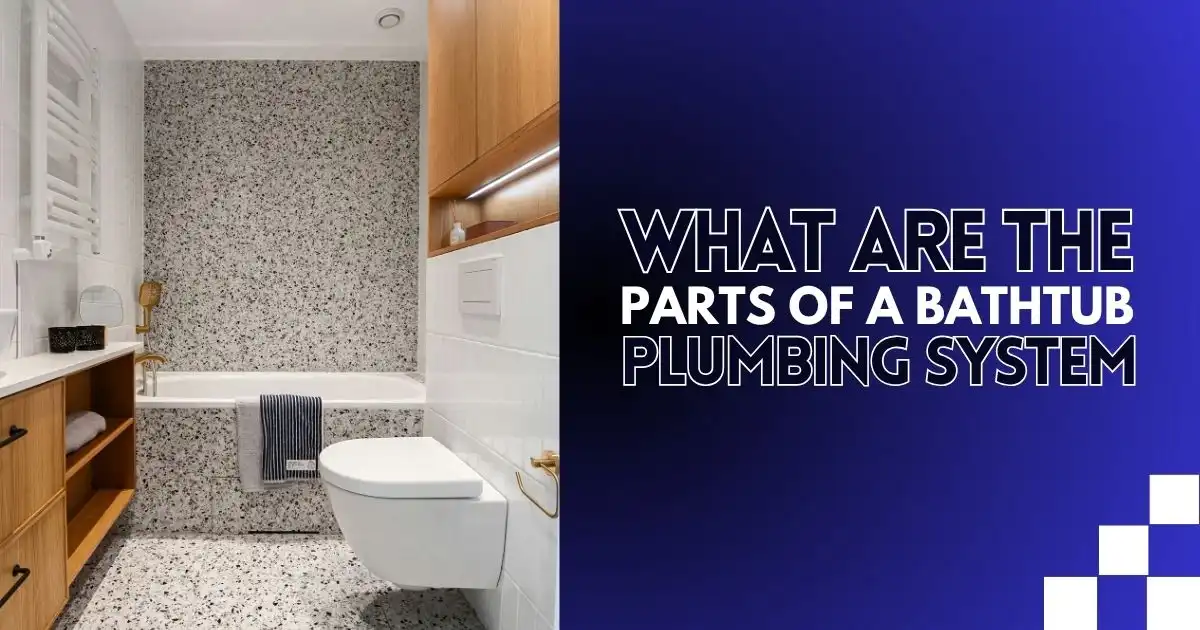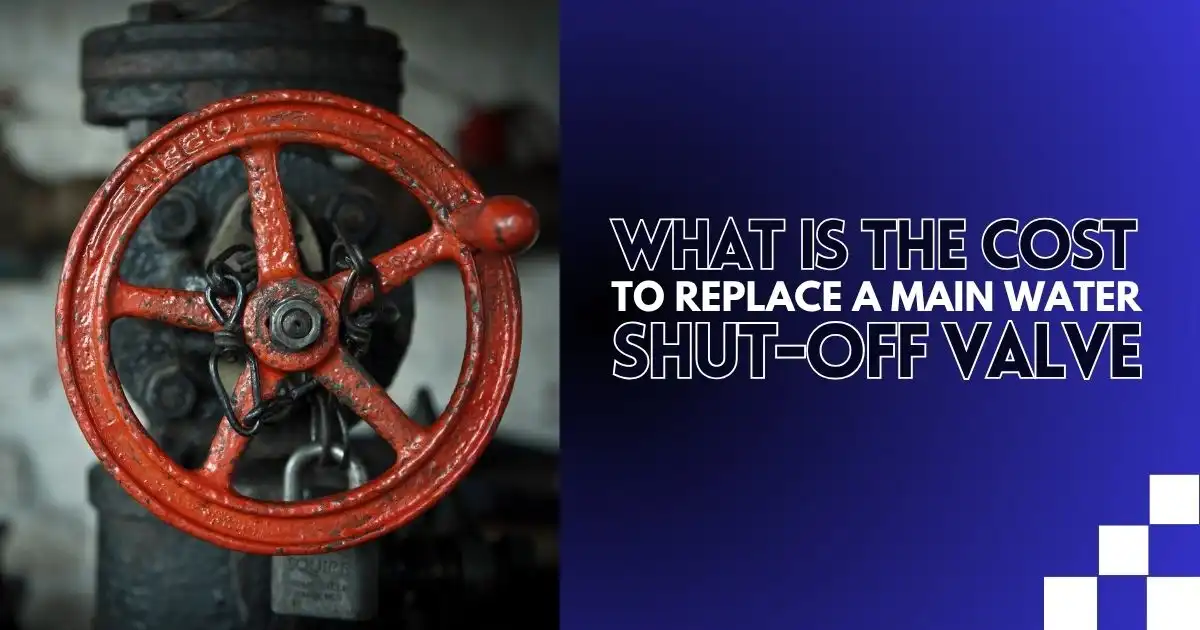You’re waiting for hot water in the shower, or maybe you’re watching your electric bill slowly rise each month. Many of us are on the lookout for better ways to heat water, ones that save money and use less energy.
There’s a newer type of water heater that promises just that, combining the best of traditional and modern methods to be more efficient and cost-effective. But, like any choice, it has both good sides and drawbacks.
What is a Hybrid Water Heater?
A hybrid water heater, also known as a heat pump water heater, works differently from traditional models. It uses warm air around it to heat water, not just electricity or gas. It pulls in heat from the air, compresses it to raise the temperature, and uses that to warm the water. It’s like a “reverse fridge”—instead of cooling by pushing heat out, it heats by pulling warm air in.
Since it moves heat rather than creating it, hybrid water heaters are more energy-efficient and eco-friendly. They also last longer, as the system endures less strain. However, they need more space and may not work well in very cold or extremely hot climates, making them a less ideal fit for smaller homes or extreme temperatures.
Pros of a Hybrid Water Heater
A hybrid water heater is a great investment, especially for Las Vegas homeowners seeking energy efficiency, sustainability, and long-term savings. Here are some key benefits:
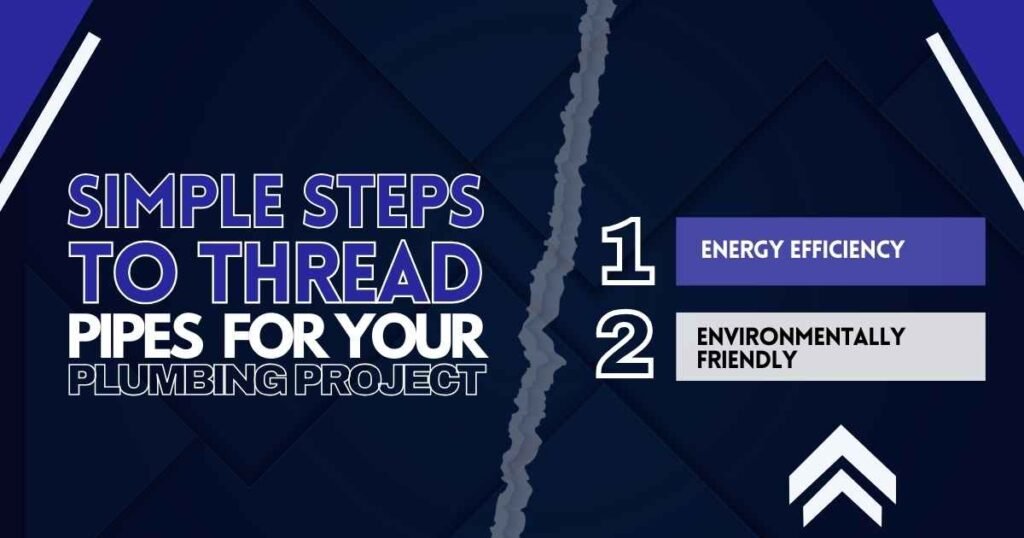
1. Energy Efficiency
Hybrid water heaters offer impressive efficiency by using electricity to move existing heat rather than generating it. This approach allows them to work up to two to three times more efficiently than standard tank heaters, greatly reducing energy consumption.
In Las Vegas, where utility costs can be high, a hybrid water heater could lower monthly energy bills and quickly offset the installation cost. It’s a smart choice for anyone looking to save money without sacrificing hot water availability.
2. Environmentally Friendly
For eco-conscious homeowners, hybrid water heaters are a sustainable option. Using less electricity, these units produce lower carbon emissions, which helps reduce your environmental impact.
With Las Vegas’s focus on green living and energy-saving solutions, a hybrid water heater aligns well with sustainable home goals. Choosing this option means you’re both lowering energy costs and contributing to a cleaner environment.
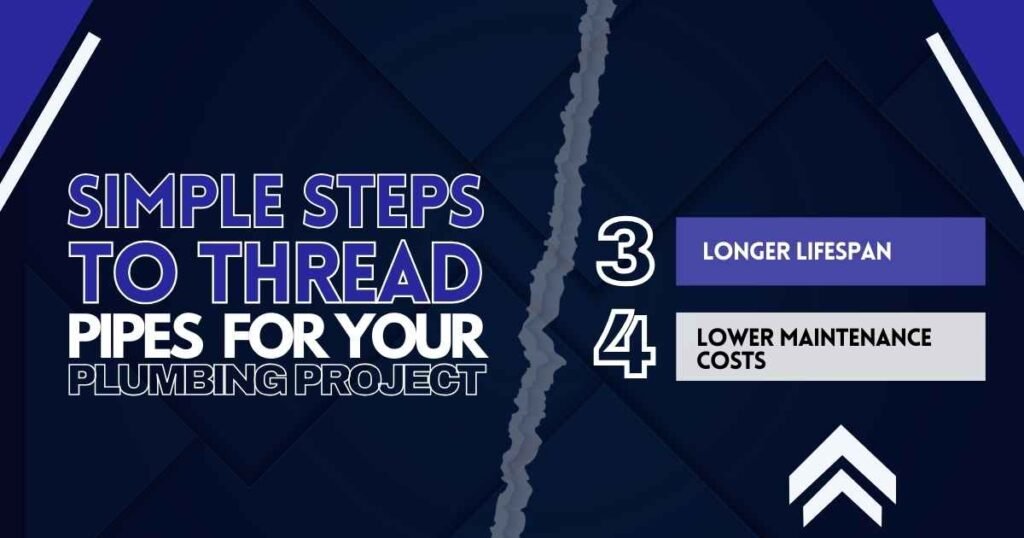
3. Longer Lifespan
Hybrid water heaters typically last longer than conventional models, offering 13 to 15 years compared to the 8 to 12 years for traditional heaters. This durability comes from their efficient design, which reduces wear and tear from direct heat generation.
In Las Vegas, where heat can be tough on appliances, a hybrid water heater’s extended lifespan is a big advantage, helping homeowners avoid frequent replacements and additional expenses.
4. Lower Maintenance Costs
Hybrid water heaters are designed to last longer, with fewer problems like rust, leaks, and other wear and tear. This means lower maintenance costs over time, which is a big benefit for Las Vegas homeowners who prefer low-maintenance options in the city’s dry, dusty climate.
With fewer repairs needed, hybrid water heaters save both time and money, letting homeowners spend more time on the things they enjoy.
5. Steady Hot Water Supply
Even with energy-saving features, this type of water heater provides a steady and reliable supply of hot water. This is especially helpful for families in Las Vegas who want consistent hot water without high energy bills.
If it’s for showers, washing dishes, or doing laundry, a hybrid system meets the demand, keeping everyone comfortable while keeping utility costs lower. It’s a smart solution that balances convenience with savings, making it easier to manage both hot water needs and household expenses.
Cons of a Hybrid Water Heater
While hybrid water heaters provide impressive energy efficiency and longer lifespan, they come with some downsides, especially for Las Vegas homeowners. These include higher upfront costs, specific space needs, and climate limitations that can affect performance.
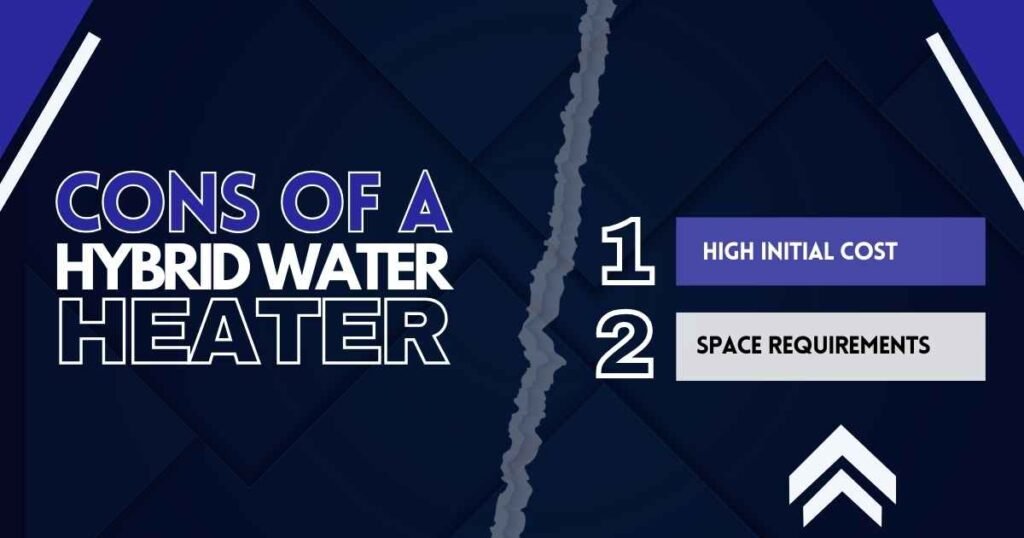
1. High Initial Cost
One of the main drawbacks of hybrid water heaters is their cost. While gas water heaters generally cost between $700 and $2,700 and electric models range from $600 to $3,500, hybrid units start around $1,200, with prices reaching up to $3,500.
Though the initial price is higher, hybrid models offer long-term savings on energy bills, which can make them a worthwhile choice over time. In Las Vegas, where energy bills can climb during hot summers, the energy savings could offset the initial cost within a few years.
2. Space Requirements
Hybrid water heaters require more room for proper ventilation, unlike traditional models. They work by drawing in surrounding air to heat the water, so they need sufficient space for airflow. This can be tricky in smaller utility rooms or closets, where airflow may be limited.
EnergyStar suggests installing hybrid units in larger spaces—at least 8 by 12 feet, with a minimum of 450 to 700 cubic feet of open air. In Las Vegas homes with limited utility room space, finding a spot for a hybrid heater could be challenging.
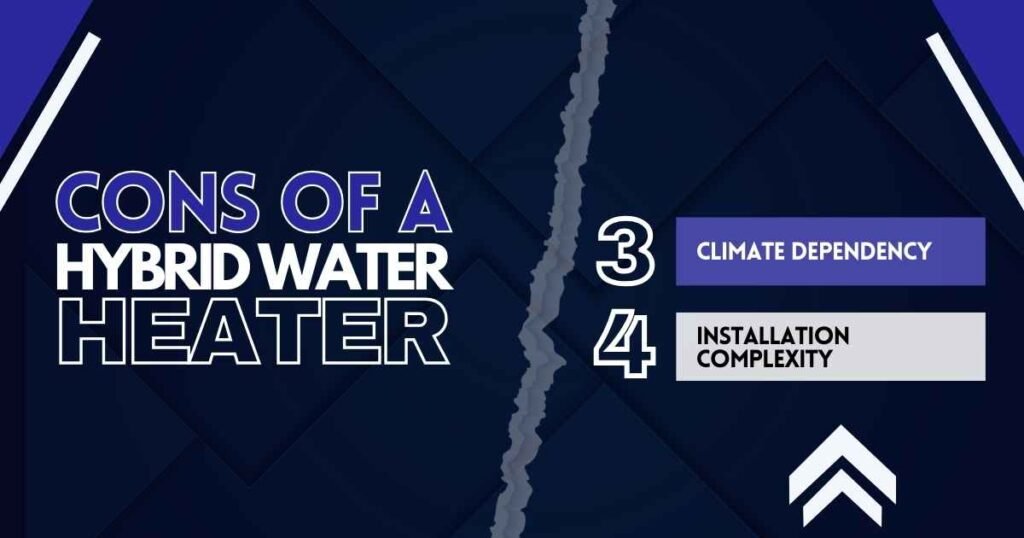
3. Climate Dependency
Hybrid water heaters perform best in mild climates with temperatures between 40°F and 90°F. In Las Vegas, the hot desert climate might seem ideal, but in the winter, when temperatures occasionally drop, hybrid heaters can lose efficiency.
These units extract heat from the surrounding air, which may cause them to cool the area around them and reduce their effectiveness if the space isn’t well-ventilated. In very cold or very warm rooms, hybrid water heaters may not work as efficiently, so homeowners should consider these seasonal effects.
4. Installation Complexity
Hybrid water heaters may also be more complex to install compared to traditional models. They typically require a power source for the heat pump, proper clearance for airflow, and often a drain for condensation.
Homeowners in Las Vegas should consult a licensed installer familiar with hybrid systems to ensure optimal placement and functionality.
5. Higher Maintenance Needs
Hybrid water heaters have more components, like the heat pump and filters, which may need regular maintenance to work well.
Las Vegas’s dusty climate can make filters clog faster, requiring more frequent cleaning to keep the system running efficiently. This adds a bit more work and cost over time compared to simpler, traditional heaters.
Save Energy, Enjoy Hot Water
Finding the right water heater is about balancing energy savings with reliable hot water. Hybrid water heaters offer this balance but come with upfront costs and maintenance needs. Just like balancing enjoyment and responsibility in life, it’s smart to consider today’s needs along with future costs. So, is a hybrid system the right choice for your home’s future?
Curious if a hybrid water heater is right for your home? Vegas Plumbing Pros can help you understand the pros and cons and find the best solution for your needs. Don’t let high energy bills or unreliable hot water disrupt your comfort—contact Vegas Plumbing Pros today to see how a hybrid system could work for you.
FAQs
What are the disadvantages of a heat pump water heater?
Heat pump water heaters can be costly to buy and install compared to regular water heaters. They work best in warmer spaces, so in cold areas, they might not be as efficient. They also require more space around them for airflow and can be noisy. Regular maintenance, such as cleaning filters, is necessary to keep them running smoothly.
What is the downside of a hybrid water heater?
Hybrid water heaters have a high initial cost, making them less affordable for some households. They need extra space for proper airflow and may not perform well in very cold climates. Noise can also be an issue for some users. Additionally, they need regular upkeep to maintain efficiency over time.
How does a hybrid hot water heater work?
A hybrid water heater combines electric heating with a heat pump. The heat pump draws in warm air, compresses it to increase temperature, and uses that heat to warm the water. When needed, it can switch to electric heating if the air is too cold or demand is high. This dual system allows it to save energy while providing hot water consistently.
Are hybrid water heaters worth it?
Hybrid water heaters can be a good investment for homes aiming to cut energy costs over time. They work best in warm areas and, despite a high initial cost, often pay off through energy savings. However, they’re ideal for homes that can handle the upfront expense and regular upkeep.
